
80% of Heart Attacks Can Be Prevented—Just Do These 5 Easy Things
80% of Heart Attacks Can Be Prevented—Just Do These 5 Easy Things
A heart attack is the leading cause of death in the United States. While it may be preceded by symptoms of heart disease, some people have no warning signs at all until their first heart attack.
A heart attack occurs when one or more of your coronary arteries become blocked, often due to a buildup of substances like cholesterol. This condition, known as coronary artery disease, is the cause of most heart attacks. Other causes can include a coronary artery spasm or a tear in the heart artery.
While many people know that crushing chest pain or sudden pain in the left arm can signal a heart problem, there are many other signs you should not ignore. The good news is that a remarkable 79-90% of heart attacks could be prevented with five simple lifestyle changes.
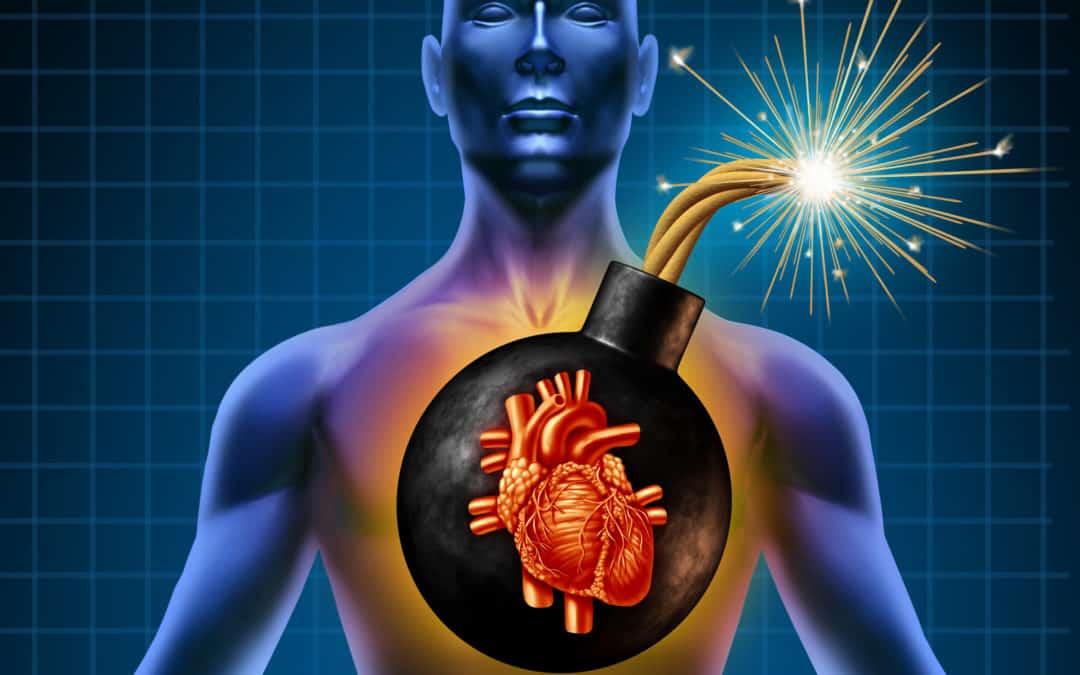
The Hidden Heart Risk You Might Be Overlooking: Sugar
Before we get to the five proven habits, there's a powerful—but often underestimated—factor you should know about: sugar. Recent research shows that high sugar consumption plays a direct role in heart disease, even in people who appear healthy.
A 2014 study in JAMA Internal Medicine found that people who got 25% or more of their daily calories from added sugar were more than twice as likely to die from heart disease as those who consumed less than 10%. A 2023 review in the British Medical Journal confirmed this link, associating added sugar with heart attacks, strokes, and metabolic disorders. The American Heart Association also warns that excess sugar, especially from sugary drinks, raises triglyceride levels, lowers good cholesterol, and increases inflammation, all of which damage your cardiovascular system.
Cutting back on added sugars is one of the simplest and most impactful steps you can take to protect your heart.
5 Lifestyle Changes That Could Prevent Nearly 80% of Heart Attacks
A long-term study from Sweden’s Karolinska Institute, published in the Journal of the American College of Cardiology, followed participants for over 11 years. It identified five powerful lifestyle factors that reduced the risk of heart attack by 79%:
-
A healthy diet
-
No smoking
-
Being physically active (walking/bicycling more than 40 minutes per day and exercising more than 1 hour per week)
-
Healthy waist circumference (<95 cm)
-
Moderate alcohol consumption
Another study from 2004, published in the British journal Lancet, had similar findings after examining people from more than 50 countries. It concluded that a combination of these factors, along with managing diabetes and psycho-social factors, accounted for 90% of the reduced heart attack risk in men and 94% in women.
Both new and old research make it clear that our lifestyle choices play a significant role in our heart health. By making a few simple, albeit sometimes challenging, changes, you could potentially reduce your risk for a heart attack by 79-90%.
Lifestyle Changes to Boost Heart Health
1. Healthy Eating
Eating a heart-conscious diet may be one of the most important things you can do. A diet high in fiber, low in trans fat, and rich in fruits, vegetables, lean protein, and healthy fats (from nuts, seeds, and avocado) can help your entire body, including your heart.
2. Limit Alcohol Consumption
Moderate alcohol consumption has been linked to a lower chance of heart attack. The American Heart Association recommends no more than one drink per day for women and no more than two drinks per day for men. Excessive alcohol can raise your blood pressure and triglyceride levels, and the added calories can lead to weight gain.
3. Ditch the Cigarettes
Smoking is a major health risk, and its impact on heart health is severe, in addition to the damage it causes to the lungs. To protect your heart, it's essential to quit smoking cigarettes.
4. The Belly Fat Factor
Both major studies showed that "abdominal adiposity," or belly fat, was a significant contributor to heart attack risk. This is because of visceral fat, which surrounds your internal organs. To protect your heart, take steps to reduce visceral fat. According to the recent study, a waist circumference smaller than 95 cm is ideal.
5. Get Physically Active
Both studies also found that regular exercise is crucial for maintaining good heart health. Being a "couch potato" can contribute to health problems, particularly heart problems. The study recommends walking or bicycling for more than 40 minutes a day and exercising for more than one hour per week. The National Heart, Blood, and Lung Institute suggests aiming for at least 2 hours and 30 minutes of moderate-intensity aerobic exercise per week.
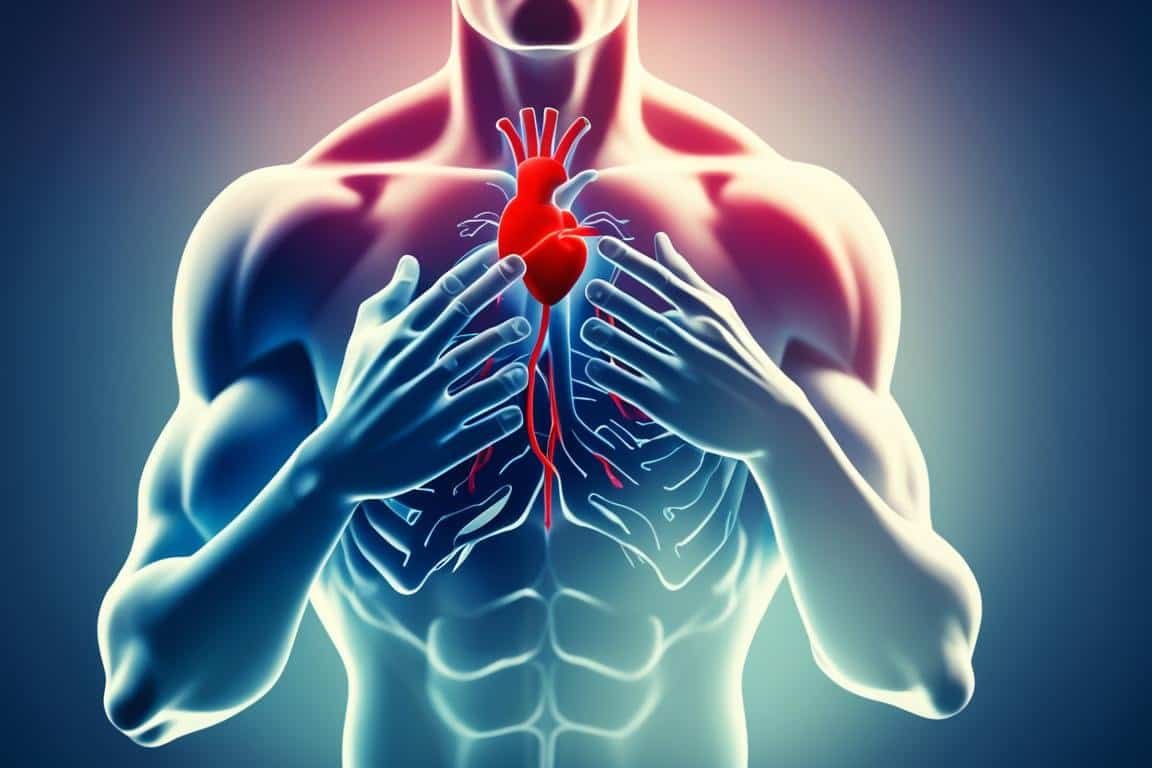
Additional Heart Health Factors
Manage Stress Levels
Chronic and acute stress can have a terrible effect on your health. The American Heart Association mentions that stress is linked to an increased risk for heart disease and stroke. Extreme stress or emotionally upsetting events have even been found to trigger heart attacks. Learn how to manage stress through activities like meditation, yoga, or exercise.
Manage Diabetes and High Blood Pressure
The American Heart Association notes that at least 68% of people under 65 with diabetes die of some form of heart disease. Other risk factors like high blood pressure, high cholesterol, smoking, obesity, and lack of physical activity greatly increase a diabetic person’s risk of developing cardiovascular disease.
Your lifestyle choices are your best defense against heart disease and heart attack. They are within your control, so you can start making a difference today.
News in the same category


15 Early Warning Signs That Cancer Is Spreading In Your Body
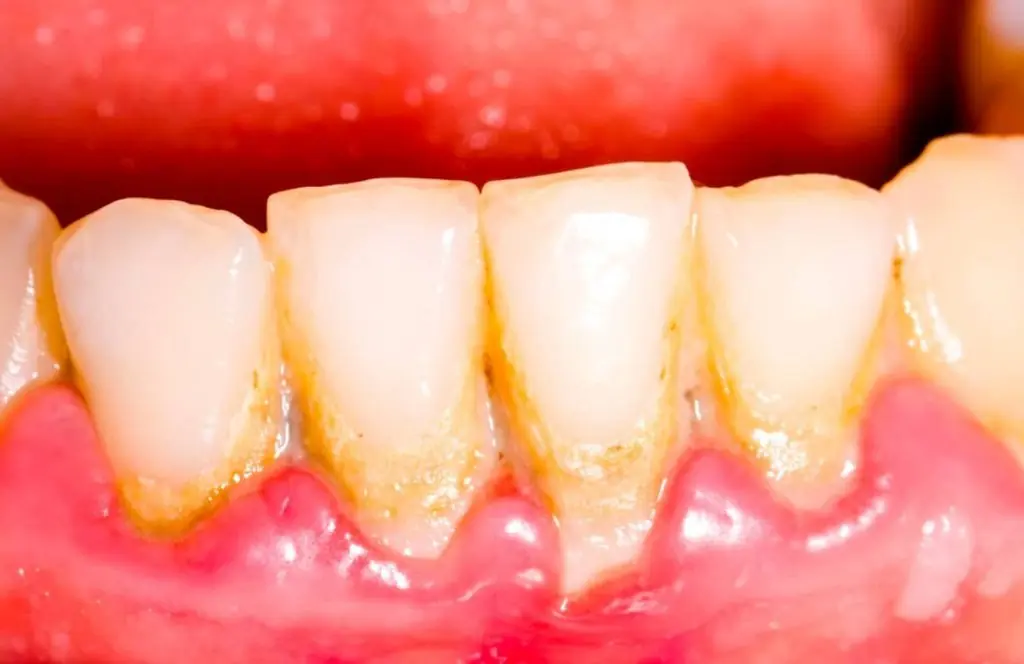
Natural Ways to Remove Dental Plaque That Are Never Shared in Clinics
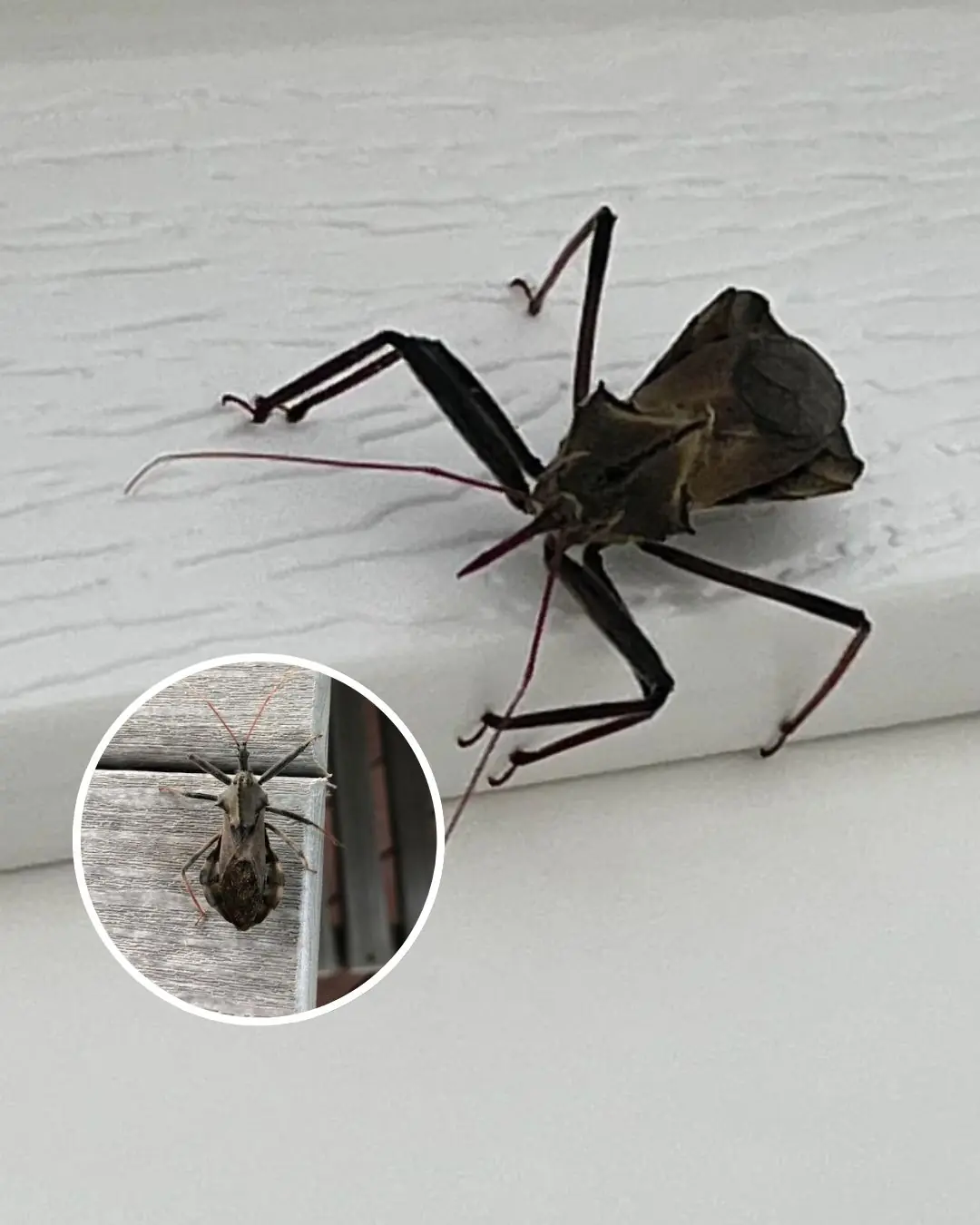
Chagas Disease and the Fight Against Nighttime Bugs

Scientists Share Breakthrough Findings From Male Birth Control Pill Trial And Explain How It Actually Works
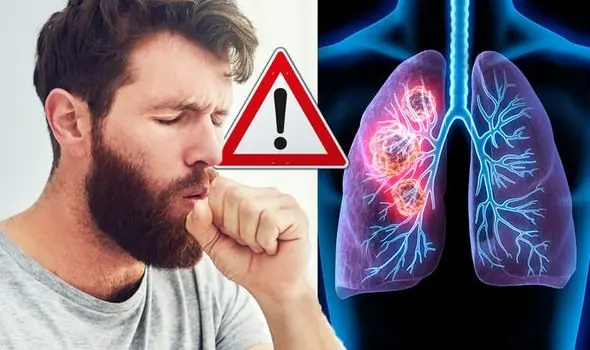
7 Warning Signs of Lung Cancer You Shouldn’t Ignore
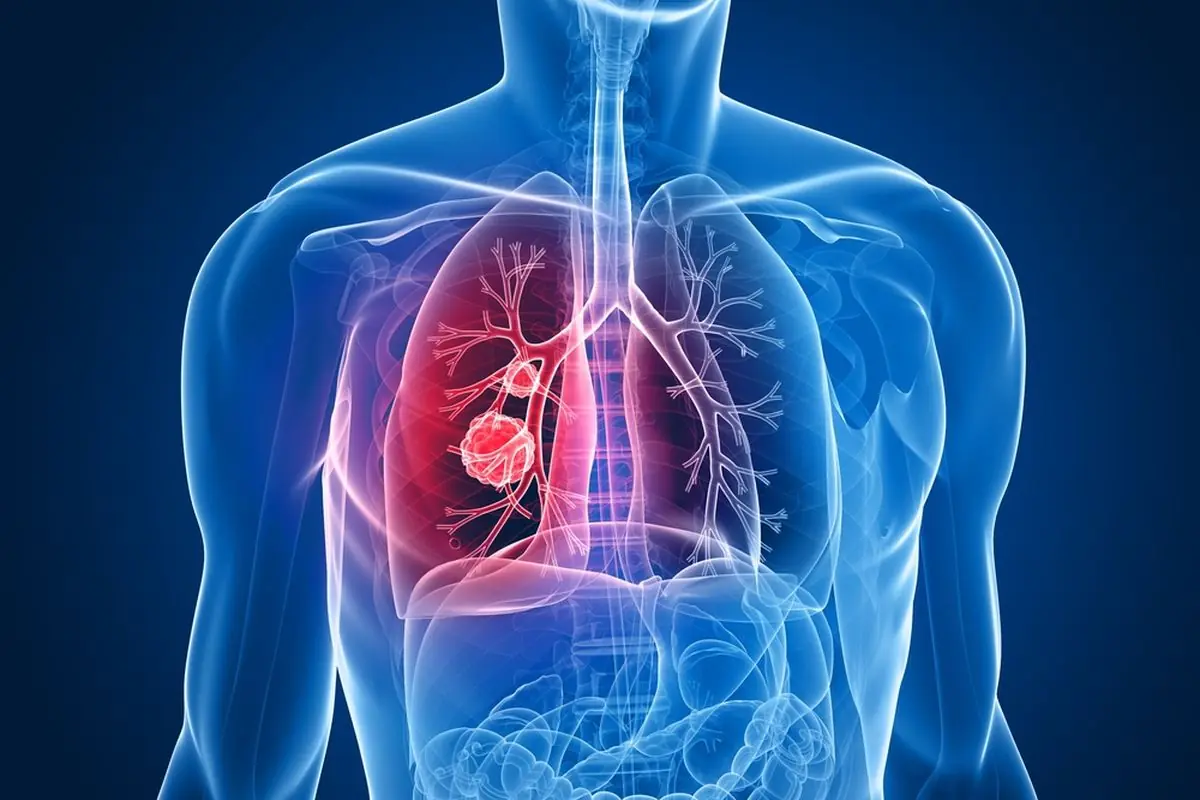
Vaping Dangers: Popcorn Lung, Cancer, Hypertension, Brain Damage and More
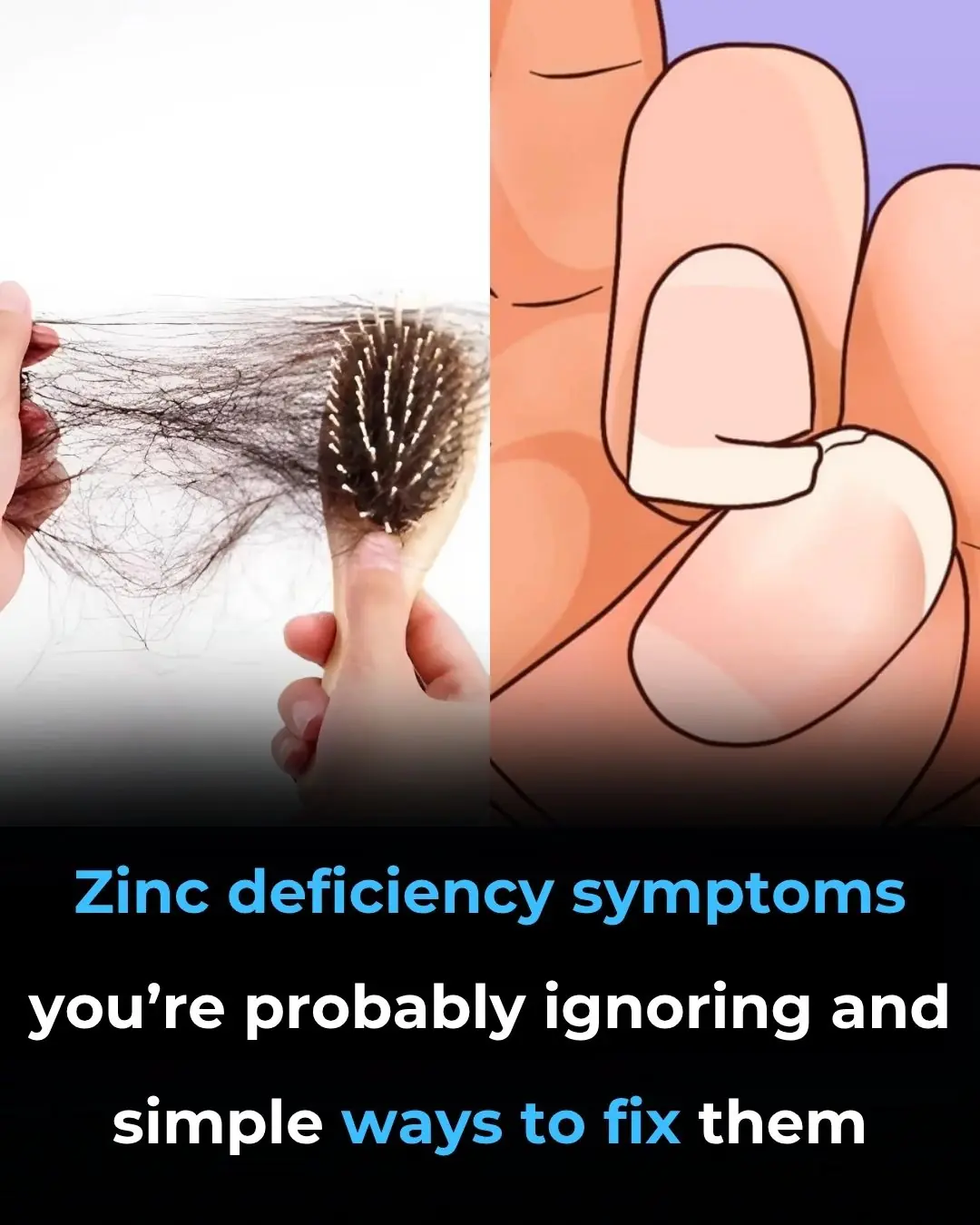
Warning Signs of Zinc Deficiency and How to Cure It
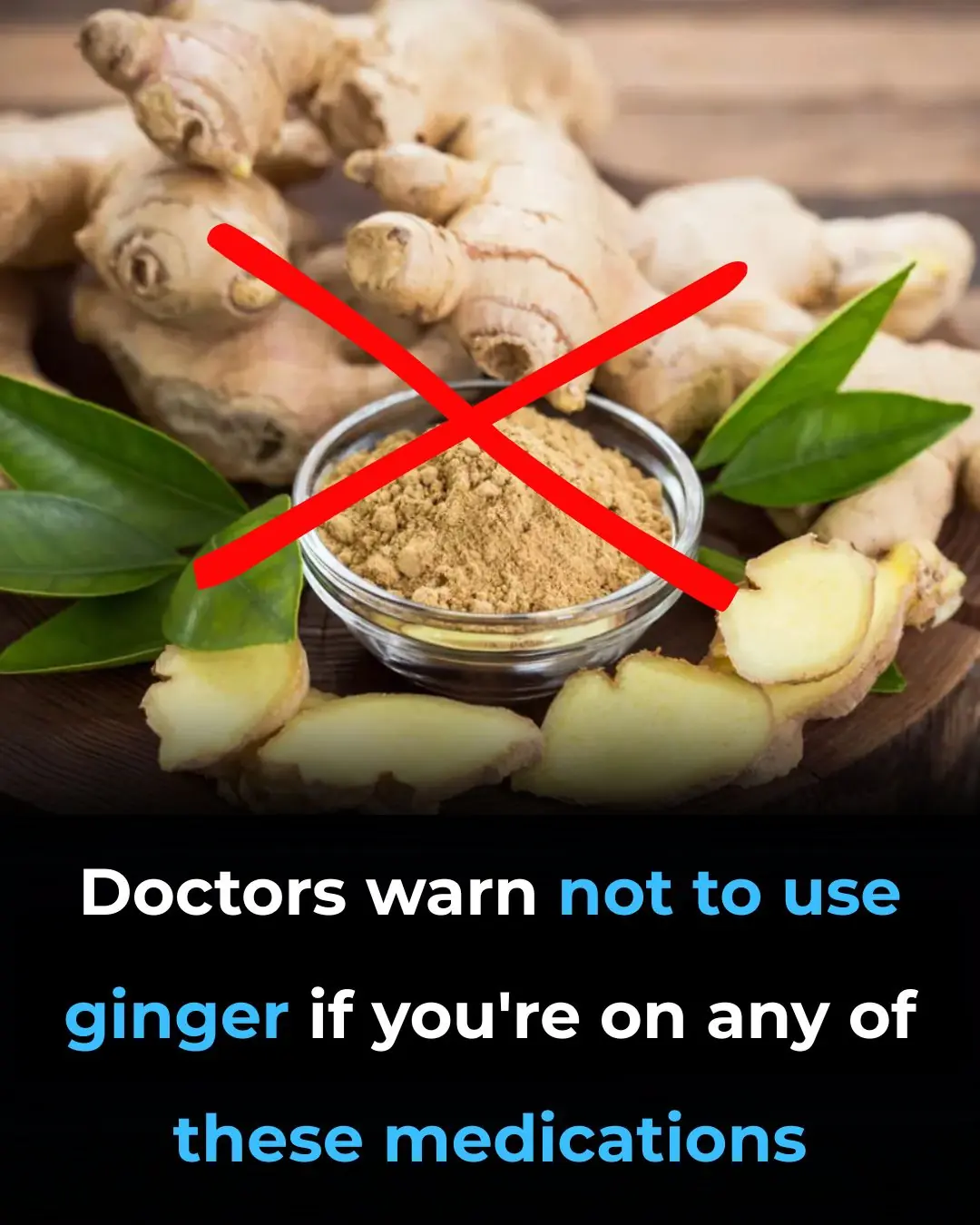
Ginger Should Be Avoided When Taking Certain Medications or Having Certain Health Conditions

Is It Safe to Wear Underwear Two Days in a Row? Experts Weigh In
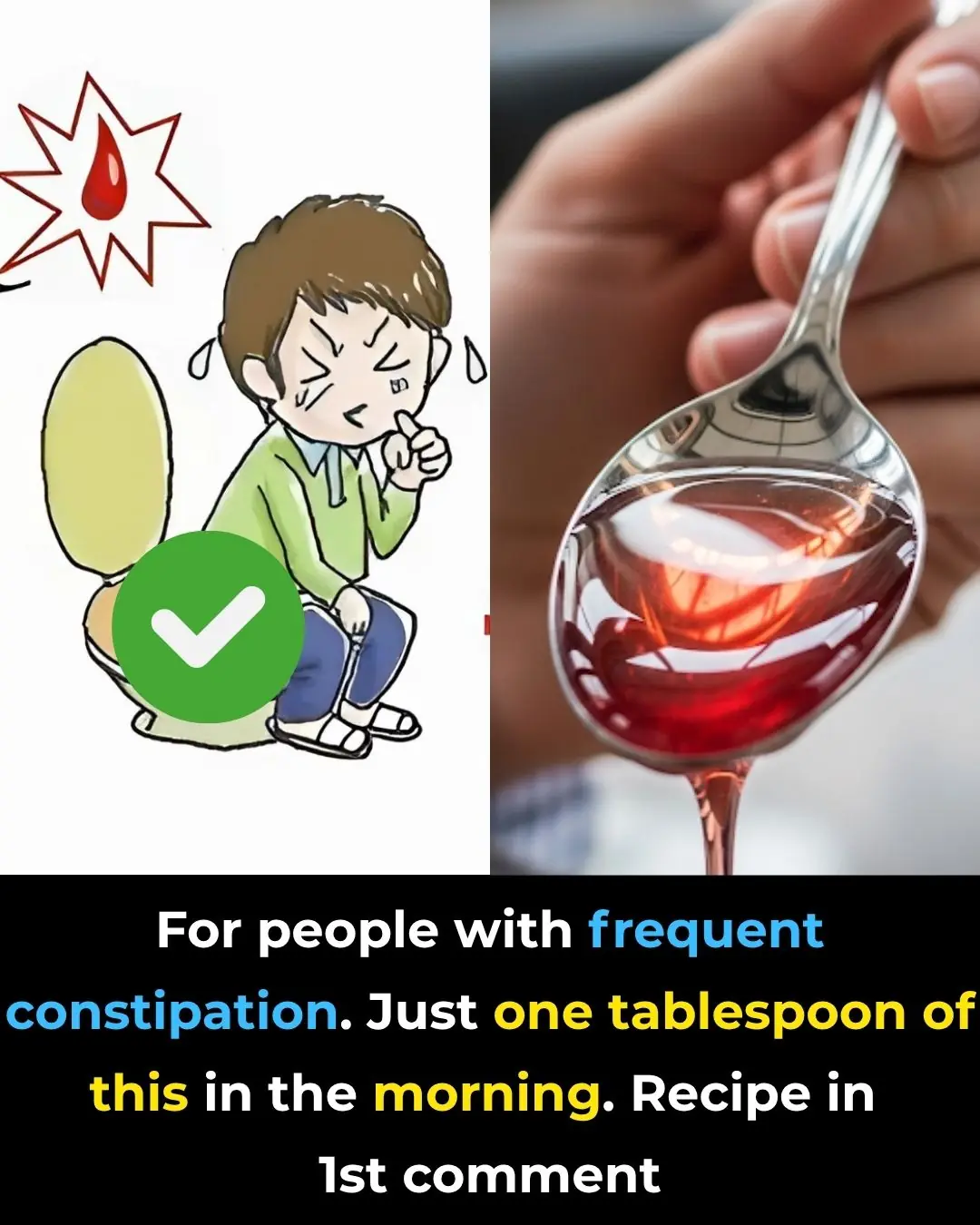
Just one spoon and you’ll run to the bathroom

Cinnamon and Honey: The Most Powerful Remedy Even Doctors Can’t Explain

Why Does the Vag.ina Smell Sour? 4 Real Reasons Every Woman Should Know
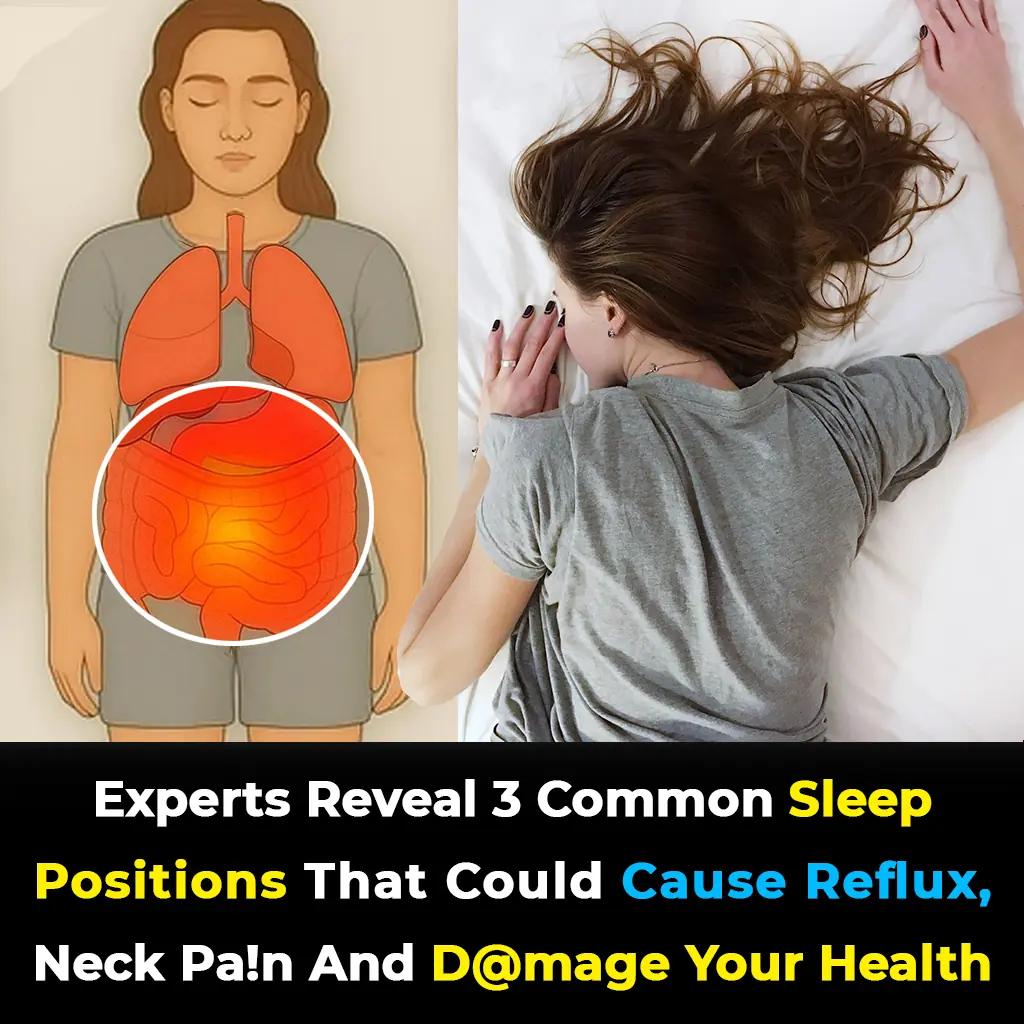
Experts Uncover the Worst Sleep Position for Your Body—And Most People Still Use It!
Your sleeping habits - especially your position - can either restore or undermine your health.

Doctor Issues Your Beloved Air Fryers May Pose Cancer Risk — Urges People To Stop Using Them
Dr. Desai’s statement has stirred up intense debate online. Some viewers applauded her for raising awareness, while others remained skeptical.
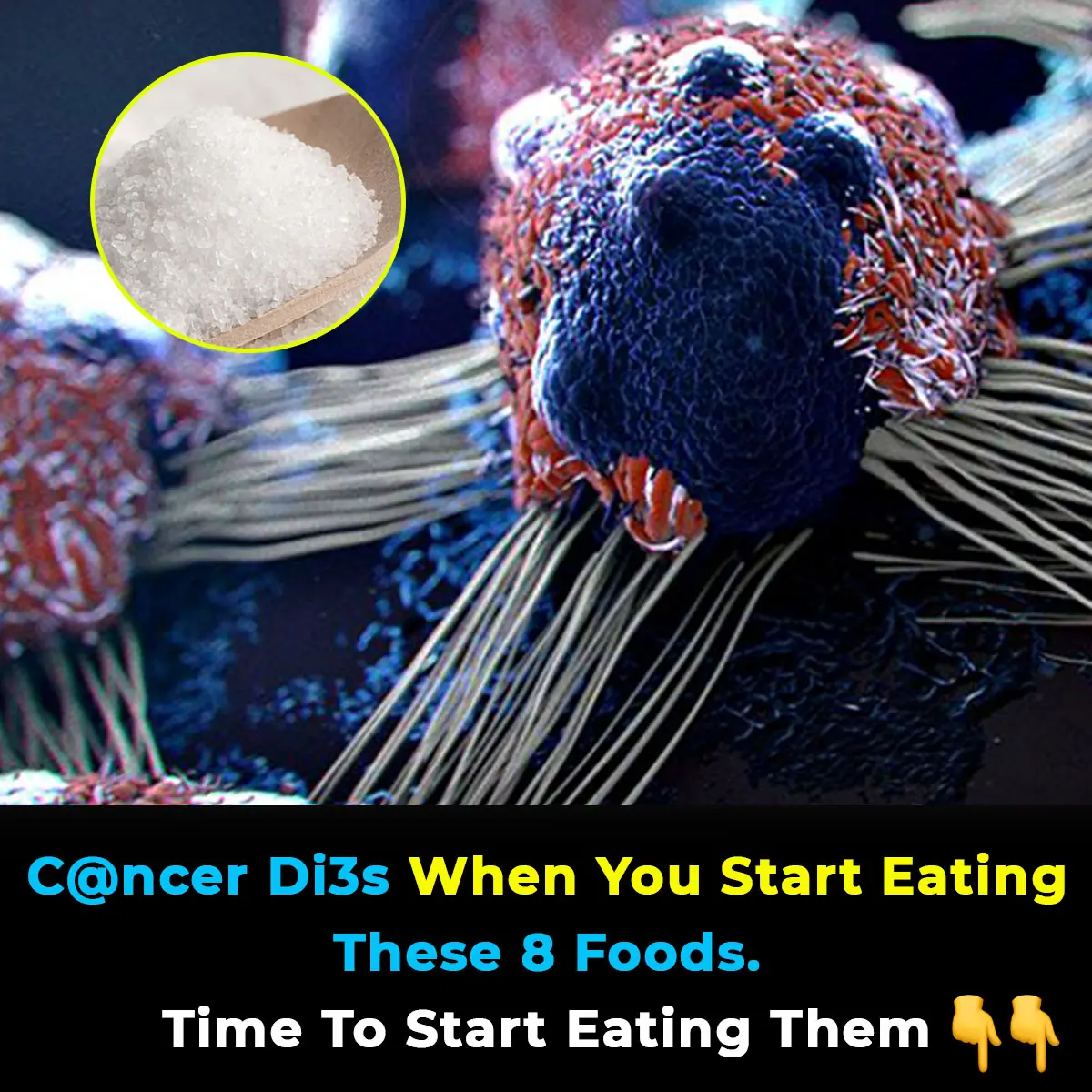
8 Foods That Help Eliminate C@ncer Cells
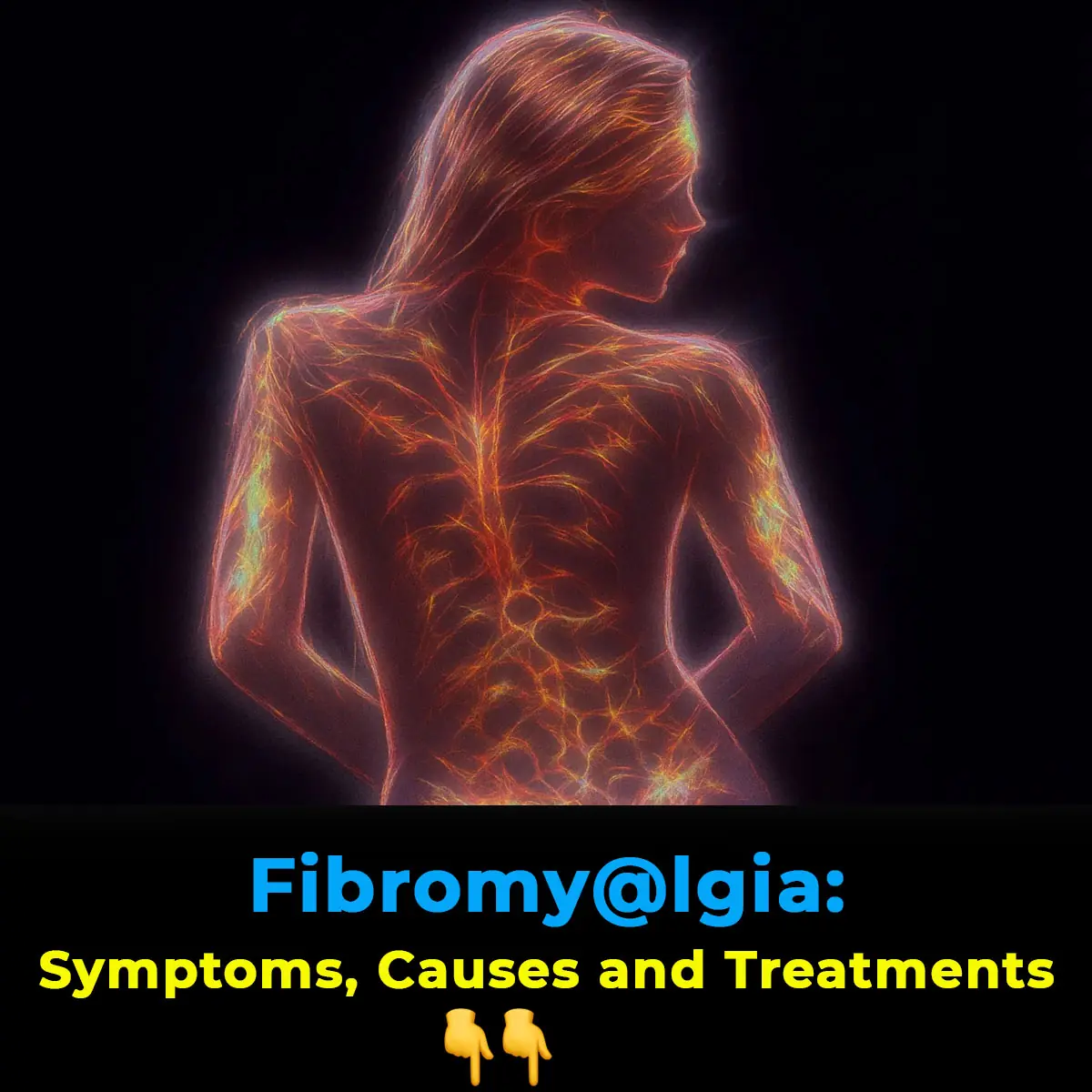
Fibromyalgia: Symptoms and 8 Natural Ways to Manage It

The Deficiency of These Vitamins Contributes to Panic Attacks

8 Signs Your Oxygen Levels Might Be Too Low
News Post

6 Powerful Teas That Will Instantly Reduce Inflammation and Boost Your Health

15 Early Warning Signs That Cancer Is Spreading In Your Body

Natural Ways to Remove Dental Plaque That Are Never Shared in Clinics

Test Your Color Vision: Can You Read These Words?

Chagas Disease and the Fight Against Nighttime Bugs

Scientists Share Breakthrough Findings From Male Birth Control Pill Trial And Explain How It Actually Works

Should You Turn Off WiFi and Bluetooth at Night?

7 Warning Signs of Lung Cancer You Shouldn’t Ignore

Vaping Dangers: Popcorn Lung, Cancer, Hypertension, Brain Damage and More

Warning Signs of Zinc Deficiency and How to Cure It

Ginger Should Be Avoided When Taking Certain Medications or Having Certain Health Conditions

Insane amount of money viral 'Storm Area 51' stunt cost the US military

Scientists explain 'puzzling blob' heading straight for New York City that's hidden 200 kilometers below our feet

The Second Lunch: How One Quiet Act Sparked a Schoolwide Movement.

The Wild Soul Who Chose Me: A Farewell to Nawty.

My Husband Said He Was Helping His Brother Fix the Roof After Work for Two Weeks – Then I Ran Into My SIL and Heard the Shocking Truth

My New DIL Shamed My Granddaughter Over a 'Cheap' Gift – She Didn't Expect the 'Surprise' I Had in Store for Her

At Our Baby's Christening, My FIL Ran Into the Church and Screamed, 'Stop! This Is the Wrong Baby!'
